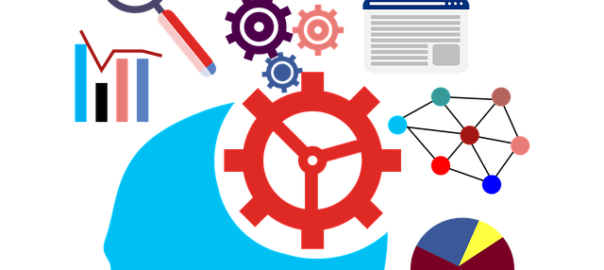Artificial intelligence isn’t exactly a new trend – people have been dreaming about robots and automated labor since ancient times, and the phrase “AI” was actually coined as far back as 1956, at a conference at Dartmouth College in New Hampshire.
In practical terms, too, artificial intelligence has been part of our world for more than a decade, since IBMs Watson computer competed on TV’s Jeopardy! program (and defeated two ex-champions) in 2011. Since then, machine learning has come to play a role in virtually every area of modern life, from shopping to entertainment to investing and more.
By nature, however, the accounting sector is a conservative one, and accounting firms have been slow to adopt developments that rely on AI.
That trend appears to be changing. Patrick Morrell, Chief Revenue Officer at accounting software startup Anduin, says the emergence of practical AI solutions and the economic challenges of the coronavirus pandemic have forced the industry to rethink its relationship with machine learning.
“Firm leaders still may be saying: ‘But I have partners and clients married to their pen and paper. How do I bridge the gap between the old way and the new?’
“The most effective way to build AI expertise among your workforce and create a sustainable firm of the future is to focus on AI solutions that are tailored to the accounting industry and employ “mutual learning” to solve problems and support your staff,” Morrell writes in Accounting Today.
Morrell says the industry’s use of AI is actually better described as “mutual learning,” a combination of algorithm-generated information which is then reviewed and implemented (or rejected) by human analysts.
“In systems built with mutual learning, AI tools can recommend data-driven actions in response to specific problems, and then humans can either approve those moves or edit and course-correct those actions as necessary. In either case, humans learn how data can shape decision-making. The AI itself then learns from those approvals or course-corrections, applying the human input to improve the AI’s models and algorithms. This, in turn, allows the AI to make better-informed recommendations in the future that will ideally require less human input—over time, the tool and the human continually increase their individual knowledge and collaborative effectiveness, creating ongoing and compounding value together,” he adds.
